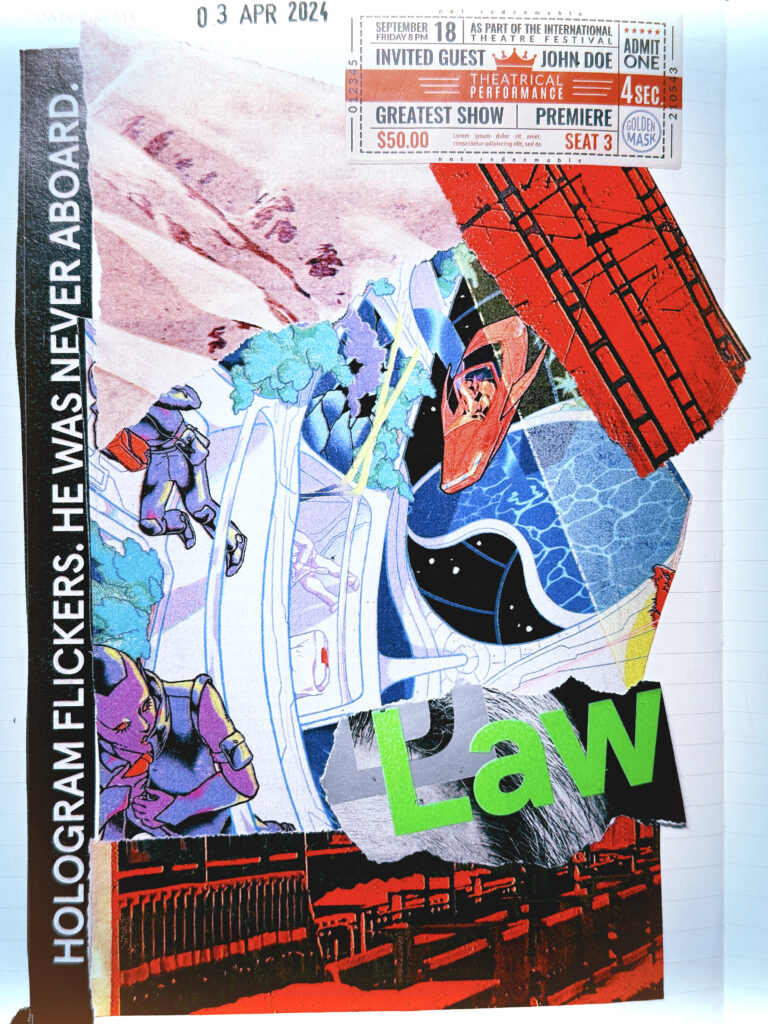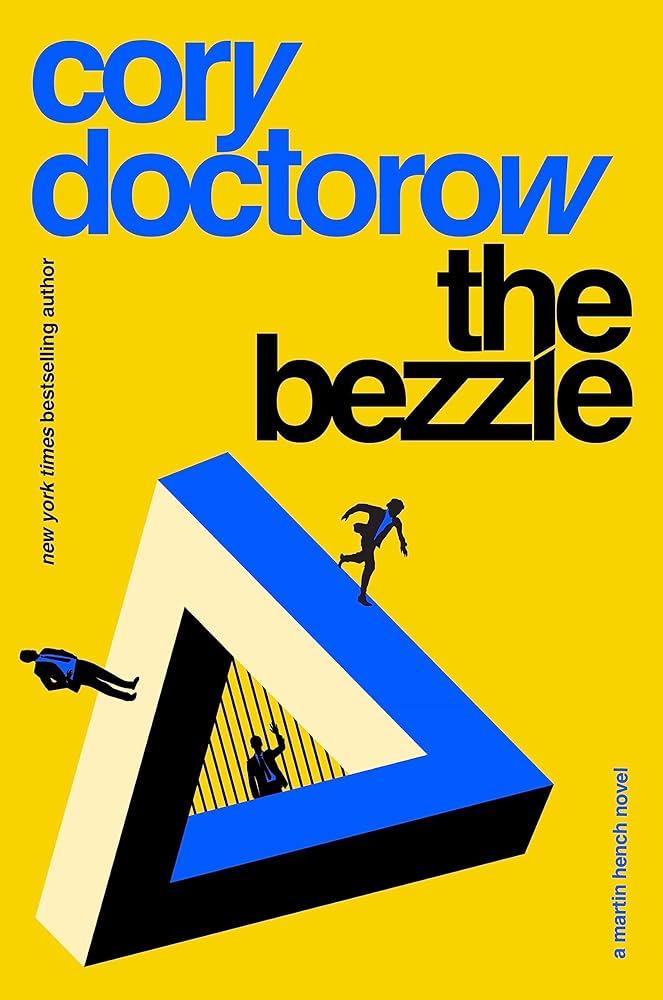Cory Doctorow’s “The Bezzle,” a prequel to the celebrated “Red Team Blues,” revisits the life of Marty Hench, a forensic accountant with a penchant for uncovering financial scams. Doctorow’s narrative takes us back to the dot-com boom and the 2008 financial crisis, exploring the concept of the ‘bezzle’—a term coined by JK Galbraith to describe the deceptive calm before an embezzlement is discovered. This novel is not just a journey through financial intrigue but also a study of contrasts and consequences, set against the backdrop of America’s burgeoning prison-industrial complex.
The novel starts with Marty and his friend Scott Warms, who finds himself rich but disillusioned after selling his tech company. Together, they uncover a Ponzi scheme on Catalina Island, initiating a chain of events that exposes the darker sides of wealth and the legal system. Doctorow masterfully interweaves these personal dramas with broader societal critiques, especially highlighting the ruthless privatization of American prisons by private equity firms, creating a ‘bezzle’ of far greater magnitude and moral bankruptcy.
Doctorow’s prowess lies in crafting a compelling thriller and his acute observations of the technological and financial landscapes. His attention to detail, from the quirks of the dot-com era to the insidious spread of neo-Nazi police gangs, roots the narrative in a reality that is both recognizable and reprehensible. The novel’s strength also lies in its characters, particularly Marty Hench, whose journey from a sharp-minded accountant to a more reflective, albeit chastened, individual offers a nuanced exploration of friendship, loyalty, and the cost of justice.
“The Bezzle” stands out for its incisive commentary on the intersections of crime, punishment, and capitalism. Through Marty’s eyes, Doctorow delves into the mechanics of white-collar crime, juxtaposing the frictionless lives of the wealthy against the grinding hardship of prisoners and their families. This narrative is about uncovering financial fraud and exposing the societal bezzles that allow injustices to thrive unnoticed.
Doctorow’s novel resonates with the gritty realities of America’s carceral state, mirroring the detailed world-building found in science fiction and fantasy to lay bare the truths of our own world. The comparison to historical works like Dickens’ “Little Dorrit” reinforces the timeless nature of these themes, emphasizing how past and present intertwine in the perpetuation of systemic greed and exploitation.
In “The Bezzle,” Doctorow does more than tell a story; he invites readers to question the very fabric of society, the nature of friendship, and the price of freedom. It’s a book that thrills, educates, and disturbs, offering a mirror to the moral complexities of our times. It’s a must-read, not just for its narrative drive but for its urgent, resonant message about the world we navigate—both in the financial markets and beyond.
Thanks for taking the time to read this post. If you’ve enjoyed the insights and stories, consider showing your support by subscribing to my weekly newsletter. It’s a great way to stay updated and dive deeper into my content. Alternatively, if you love audiobooks or want to try them, click here to start your free trial with Audible. Your support in any form means the world to me and helps keep this blog thriving. Looking forward to connecting with you more!









